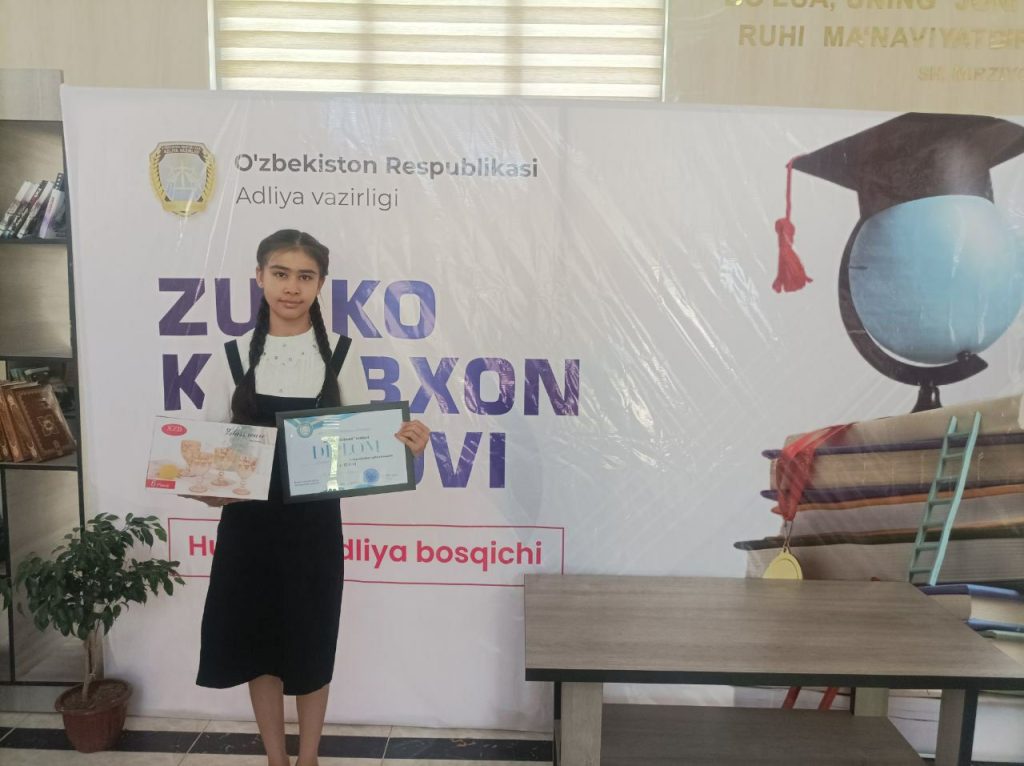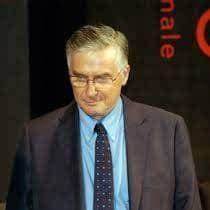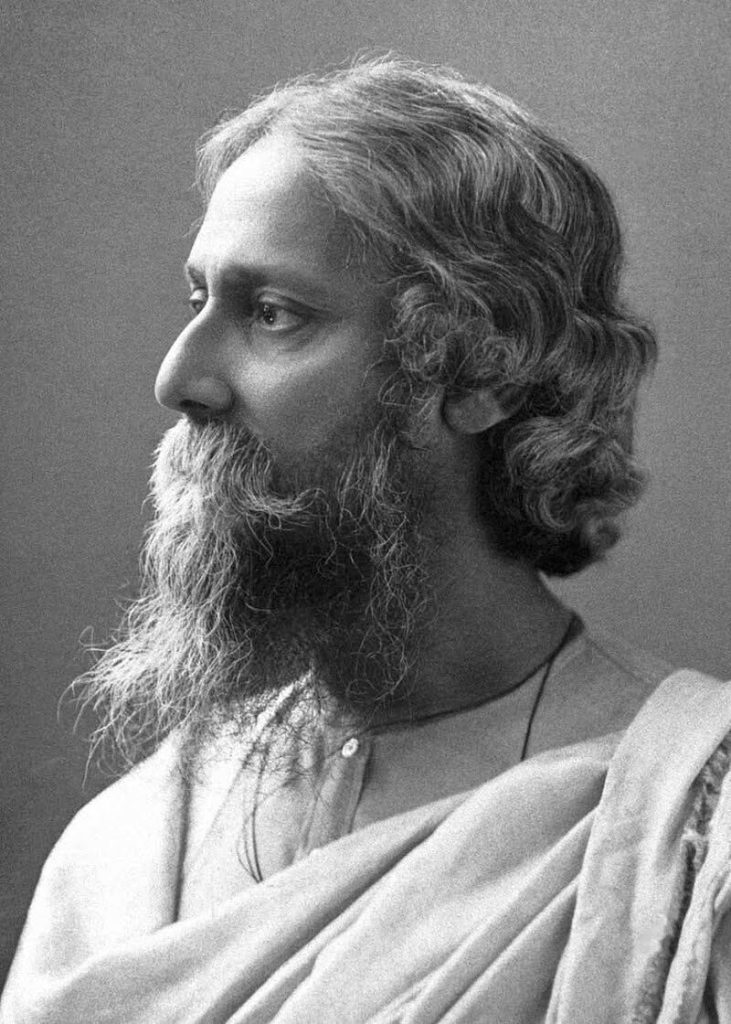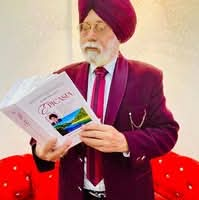NIRVANAMAN
My body is the border
between light and my shadow.
Sometimes I wear the lion,
sometimes the chameleon.
Where is my Nirvana Man,
the one who can quit crawling
among the identities
who inhabit my being?
I am like hostile siblings
hiding inside my human,
senator/saint/assassin.
All drunk on sweet wildgod wines.
COHABITATION
One’s freedom designs one’s doom,
and doom patterns one’s freedom.
Domesticated as one,
a different damascene
dominates each domain.
One decorates Notre Dame
and one does Nostradamus.
Thingdom is my domicile–
loud energy and atoms,
dumb gravity’s domination
YOU ARE MY JACKPOT
I won you on a poker hand.
I thought he thought I was bluffing
so I said, “Double or nothing.”
He had two 10s and a 7
and I had two 10s and a 9.
But when he lost he was laughing,
and I didn’t see my danger,
I didn’t know that I was stuck.
I’m still eager to ante up
to gamble with friends and strangers.
They won’t take you as my wager,
so I never have any luck.
LA SREVER S’EFIL
When I went to sea
My mama warned me:
Bewre, my son,
the breakers,
the banks, and the bars.”
dilated — deleted — deluded:
that man now cast by shadow
a fleeting ex-star’s cameo in some other’s dream
distort-reflected from the funhouse mirror
a wivk to darken the lightness
noonday moon’s dry rain
a spectator prpjected from zoo’s perspective
faint notes inhaled from the tuba
downside in outside up
When I went to sea
My mama warned me:
Bewre, my son,
the breakers,
the banks, and the bars.”
NYUN
“When birds
lose their plumes in the sand,
they can’t
glue balloons to thir hands.
They can’t fly
so they die.”
— traditional blues song
The years are like so many sweet girls.
They cuddle against the navel in the middle of the night.
They change O the challenge the body
with pain with delight.
But though the waist is gone, its shadow yet remains.
Is this what we needed?
To lie in fields that we seeded
with the sperm of you/and/me?
My skin is a wrinkledup grocery sack,
all the goodies unpacked and eaten long ago.
My erection turned into ice yesterday,
my eyelids into snow.
But though this face is gone, the halo yet remains.
All the stones unheeded…. The skies…. The fields….
Back have kneeded into worms, my butterflies.
And the years. And the years: just like the sweet young girls!
Hanging in memory like leather kites,
gaufy garish stabbing harsh neon lights
to mark the passing of fond remembered rites.
But though this voice is gone, its cho yet remains.
Is this what we needed?
To die in fields which receded with the germs of yesterday?
*
(A toast: Time is a precious necklace bequested upon your birth. As time’s beneficiary, you must realize its worth. Though age emcircles your throat with its usual yearly pearl, the worth rests in the wearer and not within the jewel.)
*
The Duane you loved is gone:
There’s a Stranger in his skin.
The old duane was younger,
and the new one’s bones are thin.
Former laughs reform as coughs.
The change cloud=to=clod begins.
*
“When birds lose their plumes in the sand,
They can’t glue balloons to their hands,
They can’t fly so they die.”
[nyun is a Korean homonym that means years of floozies]






